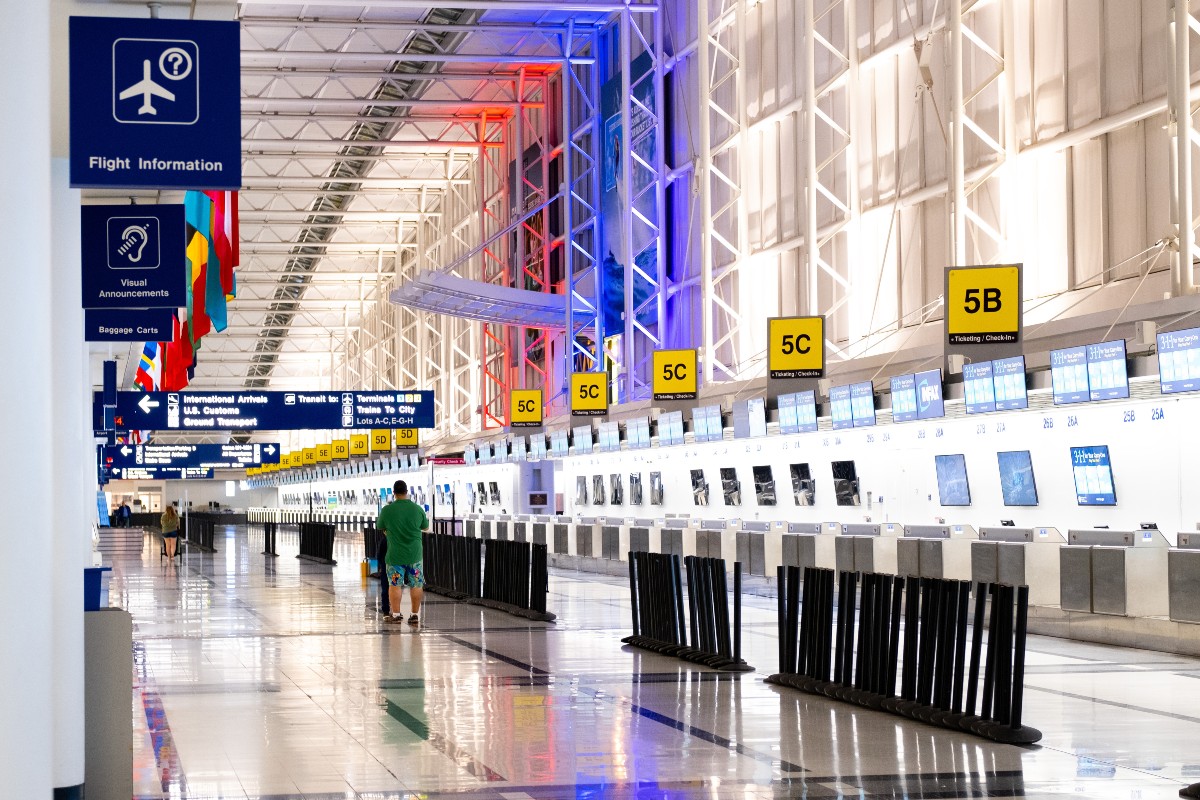Significant changes were coming for travelers in 2023. But they’ve been scrapped before we could even say “Happy New Year.”
The Department of Homeland Security (DHS) extended the REAL ID deadline by 24 months, backing up the date for full enforcement of the new regulations from May 3, 2023, to May 5, 2025.

The new deadline gives states more time to execute REAL ID requirements and gives air travelers a reprieve.
“DHS continues to work closely with U.S. states, the District of Columbia, and the U.S. territories to meet REAL ID requirements,” said Secretary of Homeland Security Alejandro N. Mayorkas in a news release. “This extension will give states needed time to ensure their residents can obtain a REAL ID-compliant license or identification card. DHS will also use this time to implement innovations to make the process more efficient and accessible. We will continue to ensure that the American public can travel safely.”
For the unfamiliar, the REAL ID requirements state that U.S. adult travelers ages 18 and older have to have a REAL ID-compliant driver’s license or another state photo ID card. What does that mean, exactly? A Real ID is an enhanced DMV-issued license, learner’s permit, or non-driver ID. It has a star on the top of it.
Congress passed the REAL ID Act in 2005 after a recommendation from the 9/11 Commission. The legislation put minimum security standards for state-issued identification cards like driver’s licenses.
Though travel requirements are the ones making headlines, the REAL ID will also be needed to enter specific federal buildings.
The DHS cited the lingering effects of the COVID-19 pandemic as part of the reason for the extension, saying response efforts like appointment-only operations to reduce foot traffic and the spread of the virus impacted people’s ability to get a federally-compliant REAL ID driver’s license. The pandemic also created a backlog for state driver’s licensing agencies to work through, according to the DHS.
Your DMV can provide you with more guidance on how to get a Real ID. However, the DHS offered some tips on a website dedicated to Frequently Asked Questions.
At a minimum, you’ll need to show documentation proving the following:
- Your full legal name
- Date of birth
- Social security number
- Two proofs of your address of primary residence
- Lawful status
If a social security number is not available, you can provide the following instead:
- A W-2 form
- An SSA-1099 form
- A non-SSA-1099 form
- A pay stub with the applicant’s name and SSN on it.
Your state’s driver’s licensing agency’s websites will have a list of the exact documents you need to get a REAL ID where you live.
Children under 18 are not subject to REAL ID requirements. Passports will also still be accepted.
While the extension gives traveler’s a reprieve (and is the latest in a long line of extensions), the DHS believes the requirements will go into effect in 2025. Consider resolving to get your REAL ID in 2023, as it’ll be part of your travel checklist in a couple of years.


